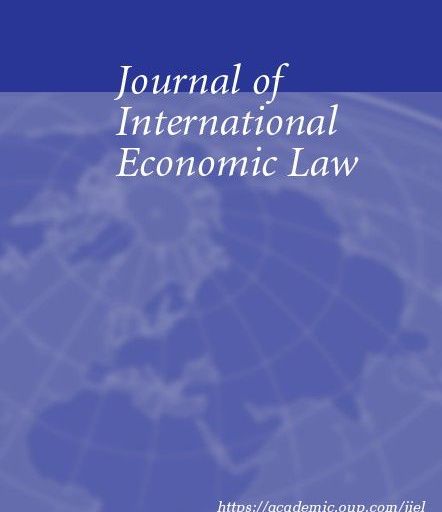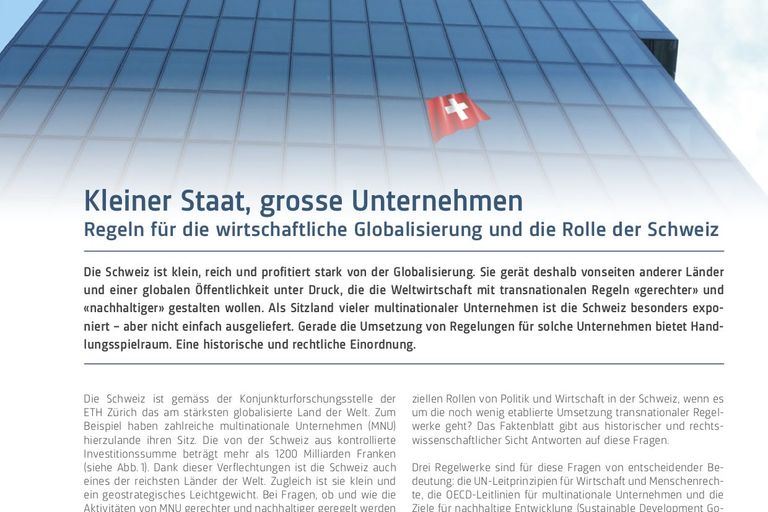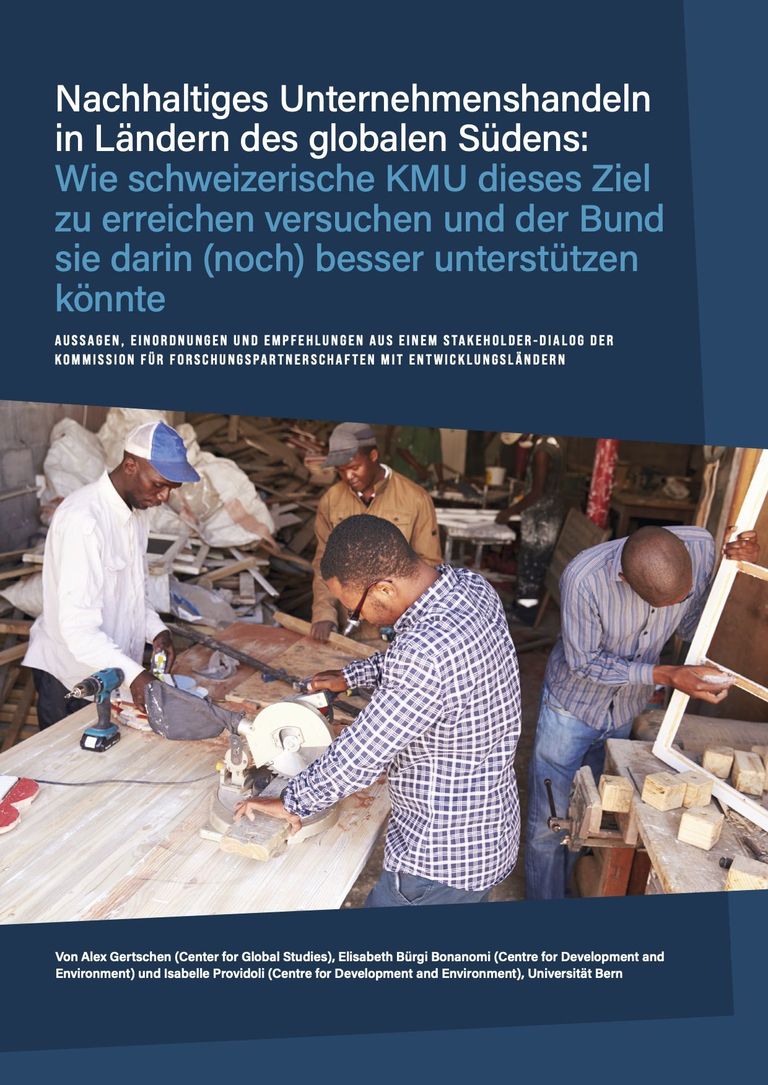Related topics

Countering Commodity Trade Mispricing in Low-Income Countries: A Prescriptive Approach
Commodity trade mispricing, especially the undervaluation of commodity exports, disproportionately harms low-income countries that depend on commodity exports for most of their export earnings. Such countries should (re)consider adopting rule-based pricing methods as a prescriptive alternative to transaction-based valuation systems. This article firmly grounds rule-based pricing in market parameters. It calls for a hybrid form of market-based price regulation in the framework of public–private models of supply chain governance, also integrating advice from independent experts. This article addresses this policy option within the parameters set by international law, considering state regulatory scope under international trade and tax law. It challenges the popular objection that prescriptive pricing methods breach international trade and tax rules. Instead, it emphasizes the complexity of any such legal assessment under international economic law.

Wikipedia-Eintrag zu Unternehmensverantwortung
Erkenntnisse aus dem Faktenblatt "Kleiner Staat, Grosse Unternehmen" und dem Bericht "Nachhaltiges Unternehmenshandeln in Ländern des globalen Südens" sind in den Wikipedia-Eintrag zu Unternehmensverantwortung eingeflossen.

Blog Global Compact: Nachhaltiges Unternehmenshandeln im globalen Süden
Was tun kleine und mittelgrosse Unternehmen (KMU) aus der Schweiz, um in Schwellen- und Entwicklungsländern nachhaltig zu wirken? Wie könnte der Bund sie in diesen Bemühungen (noch) besser unterstützen? Im Rahmen eines Forschungsprojekt hat das Global Compact Network Switzerland & Liechtenstein (GCNSL) mit fünf KMU sowie VertreterInnen von Bund, Wirtschaft, Zivilgesellschaft und Wissenschaft an einem Stakeholder-Dialog zu diesen Fragen teilgenommen. Antonio Hautle vom GCNSL und Dr. Alex Gertschen von der Universität Bern, einer der Moderatoren des Dialogs, fassen die wichtigsten Erkenntnisse zusammen.

Small state, big companies
Switzerland is small, rich, and profits greatly from globalization. Consequently, it is under growing international and public pressure from those who wish to make the world economy “fairer” and “more sustainable” by means of transnational rules. Home to many multinational companies, Switzerland is highly exposed to any such regulatory changes. Yet it need not assume a passive role. Indeed, the very process of implementing rules for multinational companies provides valuable scope for action. This factsheet places the issue in a historical and legal context.

Kleiner Staat, grosse Unternehmen: Die Schweiz in der Ordnung der Globalisierung
Grundlagenpapier für das Faktenblatt: Kleiner Staat, grosse Unternehmen - Regeln für die wirtschaftliche Globalisierung und die Rolle der Schweiz.


